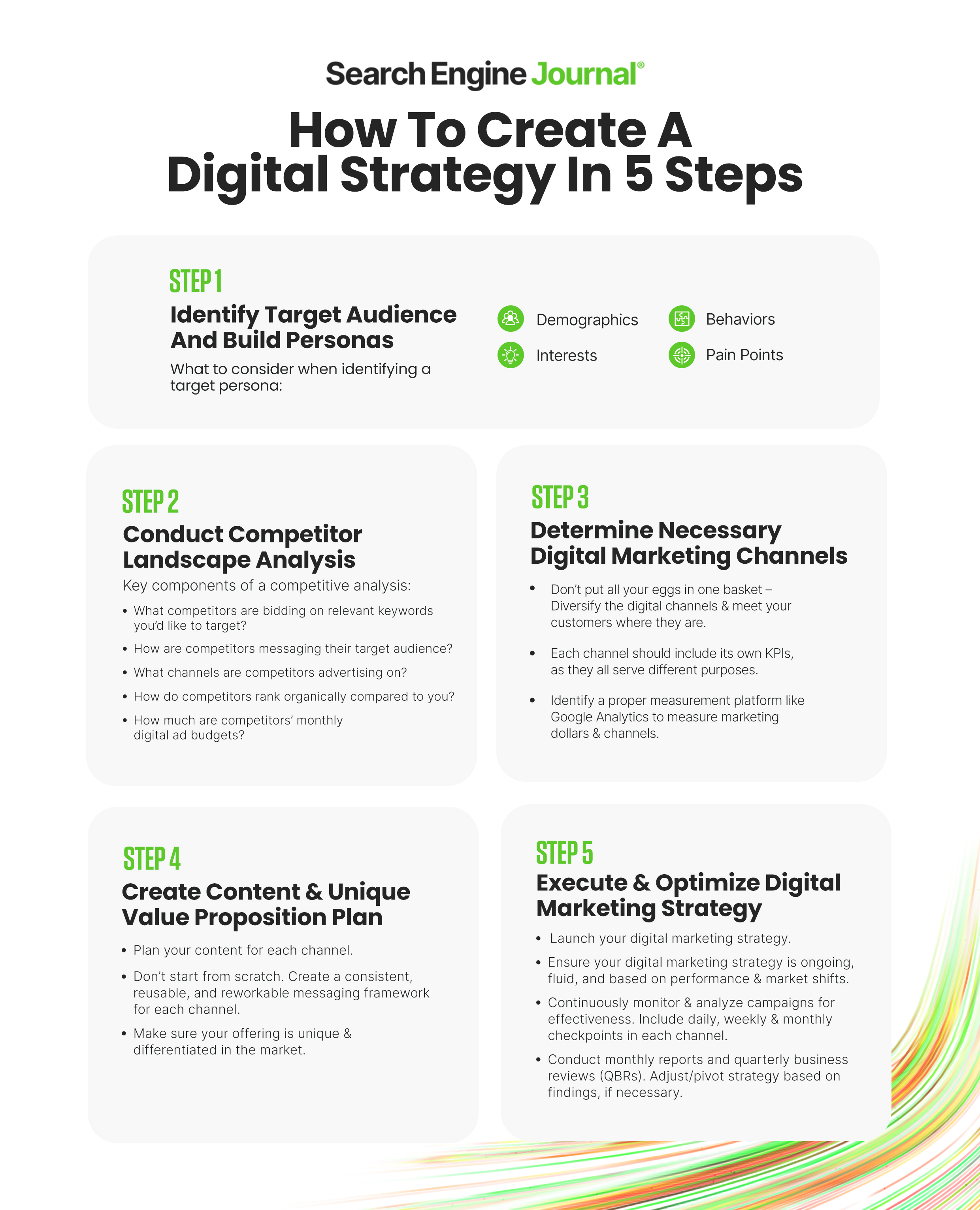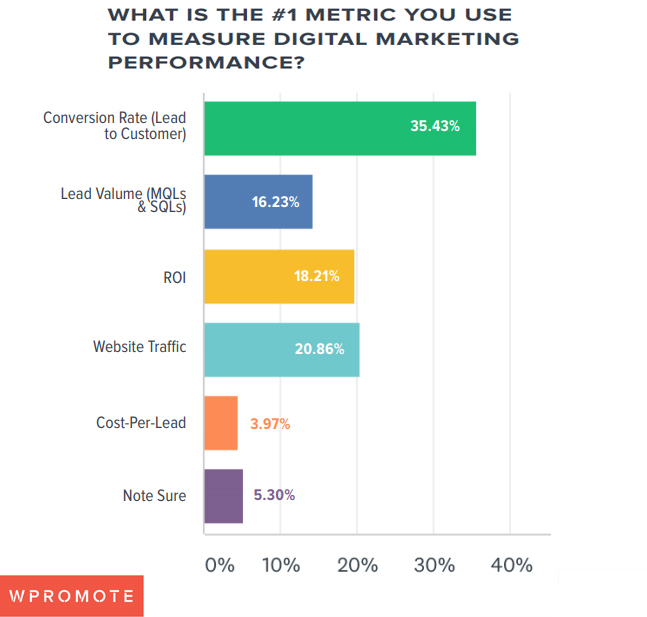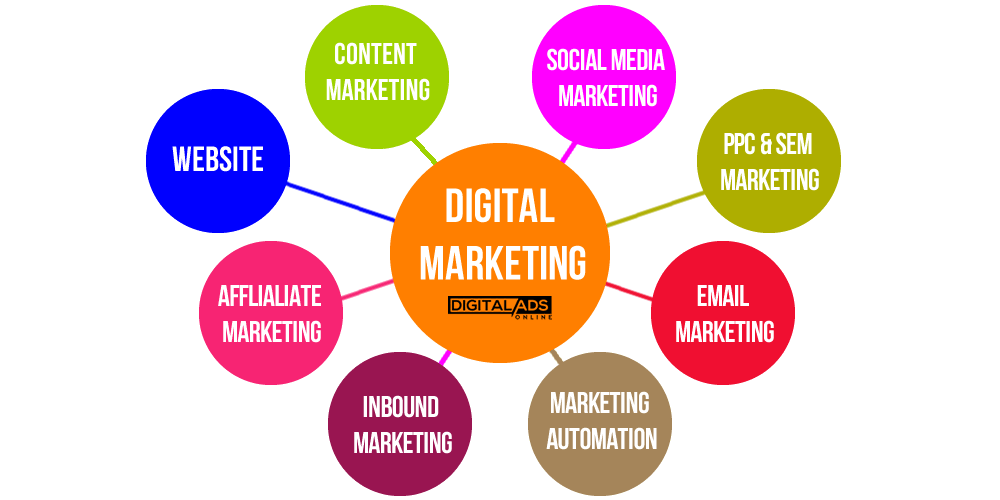Online marketing has become an essential tool for businesses to reach and engage with their target audience. Understanding the basics of online marketing, such as its importance, key components, and various types, is crucial for laying a strong foundation. Developing a comprehensive online marketing strategy involves setting clear goals and objectives, conducting thorough market research, and analyzing competitors to differentiate your brand. Creating engaging content is another vital aspect, which includes utilizing different formats, optimizing for search engines, and leveraging the power of storytelling. Social media has also emerged as a powerful platform for online marketing, requiring effective use of different channels, community building, and strategic paid advertising. Implementing SEO techniques, harnessing the power of email marketing, measuring and analyzing performance, optimizing for conversions, and adapting to the ever-changing online marketing landscape are all crucial strategies for success in the digital realm. This blog will delve into each of these strategies in detail, providing valuable insights and practical tips for effective online marketing.
Understanding the Basics of Online Marketing
Credits: linkedin.com
Online marketing is a powerful tool that can help businesses reach a wider audience and increase their brand visibility. With the increasing use of the internet, it has become crucial for businesses to have a strong online presence in order to stay competitive in today’s market.
The key components of online marketing include search engine optimization (SEO), social media marketing, email marketing, content marketing, and pay-per-click advertising. Each component plays a vital role in reaching potential customers and engaging with them effectively.
There are various types of online marketing strategies such as inbound marketing, outbound marketing, influencer marketing, affiliate marketing, and many more. Understanding these types can help businesses determine which strategies will work best for their specific goals and target audience.
Developing a Comprehensive Online Marketing Strategy

Credits: searchenginejournal.com
When it comes to online marketing, having a well-defined strategy is absolutely crucial. Setting clear goals and objectives will provide the foundation for all your marketing efforts, giving you direction and purpose. By understanding exactly what you want to achieve, whether it’s increasing brand awareness or driving sales, you can tailor your approach accordingly.
In addition to setting goals, conducting thorough market research and identifying your target audience are essential steps in developing an effective online marketing strategy. Understanding the demographics, behaviors, and preferences of your potential customers will allow you to craft messages and offers that resonate with them. This insight will also help you choose the most appropriate channels for reaching your audience and allocating resources effectively.
Furthermore, analyzing competitors within your industry can provide valuable insights into their strategies and positioning. By differentiating yourself from competitors through unique selling points or value propositions, you can stand out in the crowded online marketplace. This differentiation not only helps attract new customers but also fosters loyalty among existing ones.
Creating Engaging Content for Online Marketing
Are you ready to take your online marketing game to the next level? It’s time to focus on creating engaging content that will captivate your audience and drive them to action. By utilizing various content formats such as blog posts, videos, infographics, and podcasts, you can appeal to different types of audiences and keep them interested in what you have to offer.
But it’s not just about churning out content – it’s also important to optimize it for search engines. By incorporating relevant keywords, meta descriptions, and alt text into your content, you can improve its visibility and attract more organic traffic. This will help boost your online presence and make it easier for potential customers to find you amidst all the digital noise.
And let’s not forget the power of storytelling in online marketing. People love stories – they connect with us on an emotional level and leave a lasting impression. Incorporating storytelling into your content can make it more relatable and memorable, ultimately leading to stronger connections with your audience.
Utilizing Social Media for Online Marketing
Social media has become an indispensable tool for online marketing. With platforms like Facebook, Instagram, Twitter, and LinkedIn at your disposal, the possibilities are endless. By creating engaging content tailored to each platform and utilizing features like stories, live videos, and polls, you can effectively reach and connect with your target audience.
Furthermore, building a strong community around your brand is key to successful online marketing. Encouraging interaction through comments, likes, shares, and direct messages helps foster relationships with potential customers. This organic engagement not only increases brand awareness but also creates a loyal customer base that advocates for your products or services.
Of course, paid advertising on social media should not be overlooked. With advanced targeting options based on demographics, interests, behavior patterns,and more,you can ensure that your ads are reaching the right people at the right time.With compelling ad copy,textured images or videos,and a clear call-to-action,you can drive traffic,sales,and leads effectively.
Implementing SEO in Online Marketing
When it comes to online marketing, implementing effective SEO strategies is crucial for boosting your website’s visibility and driving organic traffic. By focusing on both on-page and off-page SEO techniques, you can improve your site’s relevance and authority in the eyes of search engines, ultimately leading to higher rankings and increased exposure.
One key aspect of successful SEO implementation is conducting thorough keyword research and optimization. This involves identifying relevant keywords that your target audience is likely to use when searching for products or services similar to yours, and strategically incorporating them into your website content. By doing so, you can attract more qualified leads and potential customers who are actively seeking what you have to offer.
In addition to keyword optimization, link building plays a vital role in enhancing your site’s credibility and trustworthiness. Building high-quality backlinks from reputable sources not only improves your website’s authority but also contributes to its overall search engine ranking. By leveraging various link building strategies such as guest blogging, influencer outreach, and content promotion, you can significantly boost your online presence.
Harnessing the Power of Email Marketing
Are you ready to take your online marketing to the next level? Look no further than email marketing! Building an email list is like creating a direct line of communication with your target audience. With a compelling email content, you can engage and nurture leads, turning them into loyal customers. And the best part? You can automate your email marketing campaigns, saving time and effort while still reaching your audience with personalized messages.
Email marketing allows you to connect with potential customers in a way that feels personal and tailored just for them. By building an email list filled with interested subscribers, you have a captive audience who wants to hear from you. Crafting captivating content ensures that your emails are not only opened but also lead to action – whether it’s making a purchase or signing up for an event.
With automation tools available today, you can streamline and optimize your email campaigns effortlessly. Set up triggered emails based on user behavior or schedule regular newsletters without having to manually send each one out. This means more time for other important aspects of your business while still reaping the benefits of effective online marketing through emails.
Measuring and Analyzing Online Marketing Performance

Credits: foxmetrics.com
When it comes to online marketing, tracking your performance is absolutely crucial. By measuring key metrics such as website traffic, conversion rates, and click-through rates, you can gain valuable insights into the effectiveness of your marketing efforts. This data allows you to make informed decisions about where to allocate resources and which strategies are yielding the best results.
In addition to tracking these metrics, utilizing analytics tools can provide even deeper insights into your online marketing performance. Platforms like Google Analytics or Adobe Analytics offer a wealth of information about user behavior, demographics, and more. By leveraging these tools effectively, you can identify trends and patterns that inform your future marketing campaigns.
Ultimately, interpreting the data collected from these analytics tools is what turns raw numbers into actionable insights. It’s not just about knowing how many visitors came to your site – it’s about understanding why they came there in the first place and what actions they took while on your site. This level of analysis empowers you to optimize your online marketing strategies for maximum impact.
Optimizing Online Marketing for Conversions
Are you ready to take your online marketing to the next level? It’s time to focus on optimizing for conversions. By implementing conversion rate optimization (CRO) strategies, you can fine-tune your online marketing efforts to drive more valuable actions from your audience. Whether it’s making a purchase, signing up for a newsletter, or downloading a resource, CRO helps you maximize the impact of every visitor to your site.
A/B testing is another crucial tool in your arsenal when it comes to optimizing for conversions. This technique allows you to compare two versions of a webpage or advertisement and determine which one performs better in terms of driving conversions. By continuously testing and refining different elements such as headlines, calls-to-action, and imagery, you can ensure that your online marketing efforts are as effective as possible in converting visitors into customers.
One final key aspect of optimizing online marketing for conversions is creating a seamless user experience. From the moment a visitor lands on your website or sees your ad, every interaction should be smooth and intuitive. Eliminate any friction points that could discourage users from taking the desired action, whether it’s making a purchase or submitting their contact information. A seamless user experience not only boosts conversion rates but also enhances brand perception and customer satisfaction.
Adapting and Evolving in Online Marketing Landscape
In the fast-paced world of online marketing, staying stagnant is not an option. It’s all about staying ahead of the curve by constantly adapting and evolving to meet the ever-changing landscape. By keeping a close eye on industry trends and consumer behavior, we can identify new opportunities and stay at the forefront of innovation.
One exciting aspect of online marketing is the endless potential for experimentation. Trying out new strategies, tools, and platforms keeps things fresh and allows us to discover what works best for our target audience. Embracing this adventurous spirit enables us to break through barriers and find creative solutions that set us apart from competitors.
With algorithms constantly changing and platforms evolving, it’s crucial for marketers to be agile in their approach. Flexibility is key when it comes to adapting our tactics to align with these shifts. By embracing change rather than resisting it, we position ourselves as proactive leaders in the digital marketing realm.
At Digital Unicorn, we understand the unique challenges that small and medium-sized businesses, startups, ecommerce companies, online stores, dentists, doctors, entrepreneurs, and professionals face in the digital marketing landscape. That’s why we offer top-rated Google 5 star internet marketing and SEO marketing services to help elevate your brand and drive results. Our team of experts specializes in creating customized strategies to increase your online visibility, improve your search engine rankings, and attract more qualified leads. With our proven track record of success, we are dedicated to helping you achieve your business goals and stand out in the digital world. Trust Digital Unicorn to be your partner in success.
Frequently Asked Questions
1. What are the key strategies for effective online marketing?
The key strategies for effective online marketing include search engine optimization (SEO), content marketing, social media marketing, email marketing, and paid advertising. These strategies help businesses increase their online visibility, attract more website traffic, engage with their target audience, and ultimately drive conversions and sales.
2. How does search engine optimization (SEO) contribute to effective online marketing?
Search engine optimization (SEO) plays a crucial role in effective online marketing by improving a website’s visibility in search engine results pages (SERPs). By optimizing various on-page and off-page factors, such as keyword research, website structure, content quality, backlinks, and user experience, SEO helps businesses rank higher in search engine rankings, attract organic traffic, and reach their target audience.
3. What is content marketing and why is it important for online marketing?
Content marketing is a strategic approach to creating and distributing valuable, relevant, and consistent content to attract and retain a clearly defined audience. It is important for online marketing because high-quality content helps businesses establish their expertise, build trust with their audience, drive organic traffic, improve search engine rankings, and generate leads and conversions.
4. How can social media marketing contribute to effective online marketing?
Social media marketing is a powerful tool for effective online marketing as it allows businesses to connect and engage with their target audience on popular social media platforms. By creating compelling content, running targeted ads, and actively interacting with followers, businesses can increase brand awareness, drive website traffic, generate leads, and foster customer loyalty.
5. What role does email marketing play in effective online marketing?
Email marketing is an essential component of effective online marketing as it enables businesses to directly communicate with their audience through personalized emails. By building an email list, segmenting subscribers, and sending relevant and valuable content, businesses can nurture leads, drive conversions, promote products or services, and maintain ongoing customer relationships.
TL;DR: Effective online marketing requires a comprehensive strategy, engaging content, social media utilization, SEO implementation, email marketing, performance measurement, conversion optimization, and adaptation to the ever-changing landscape. Understanding the basics, developing clear goals, analyzing performance, and staying updated with industry trends are crucial for success.


0 Comments